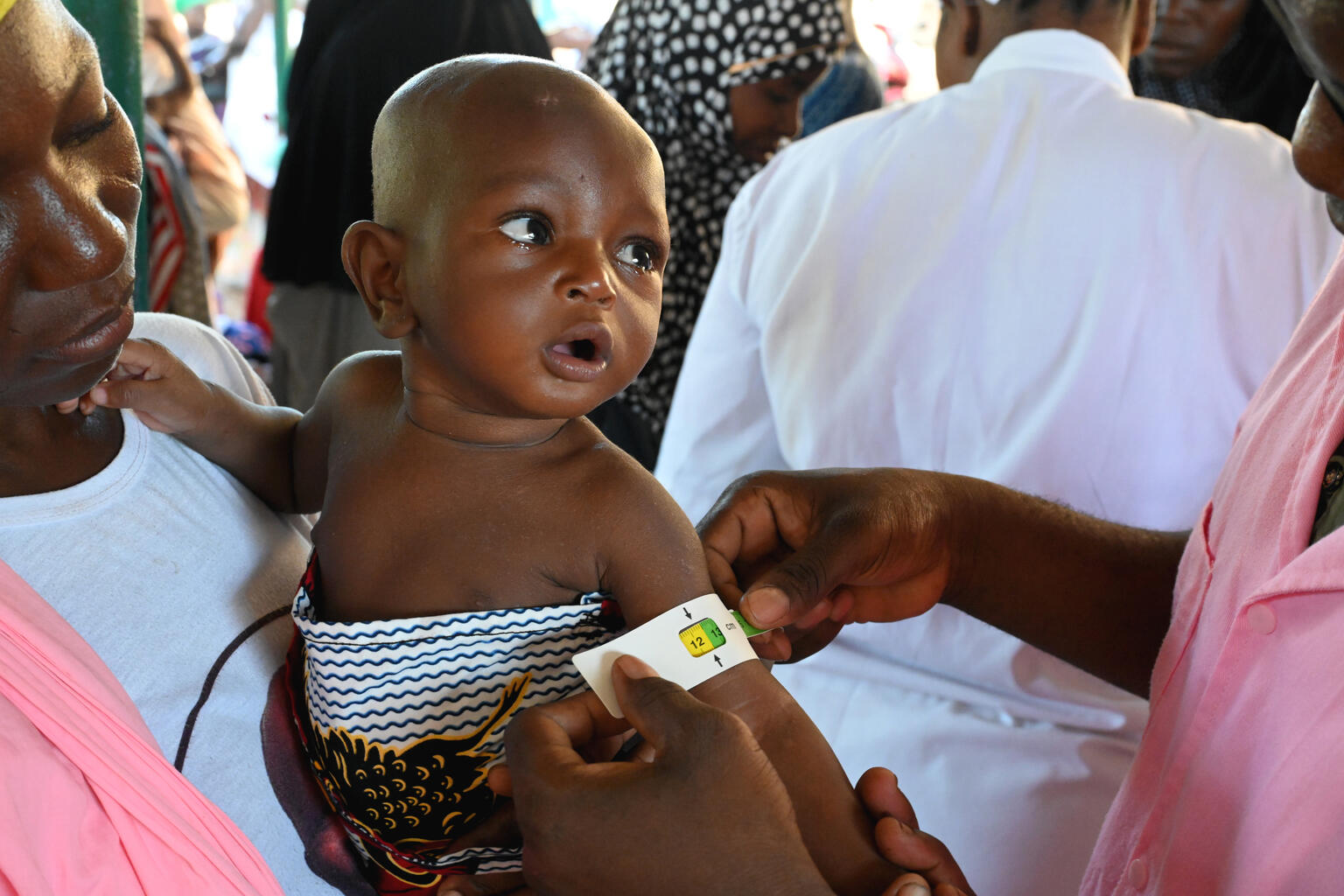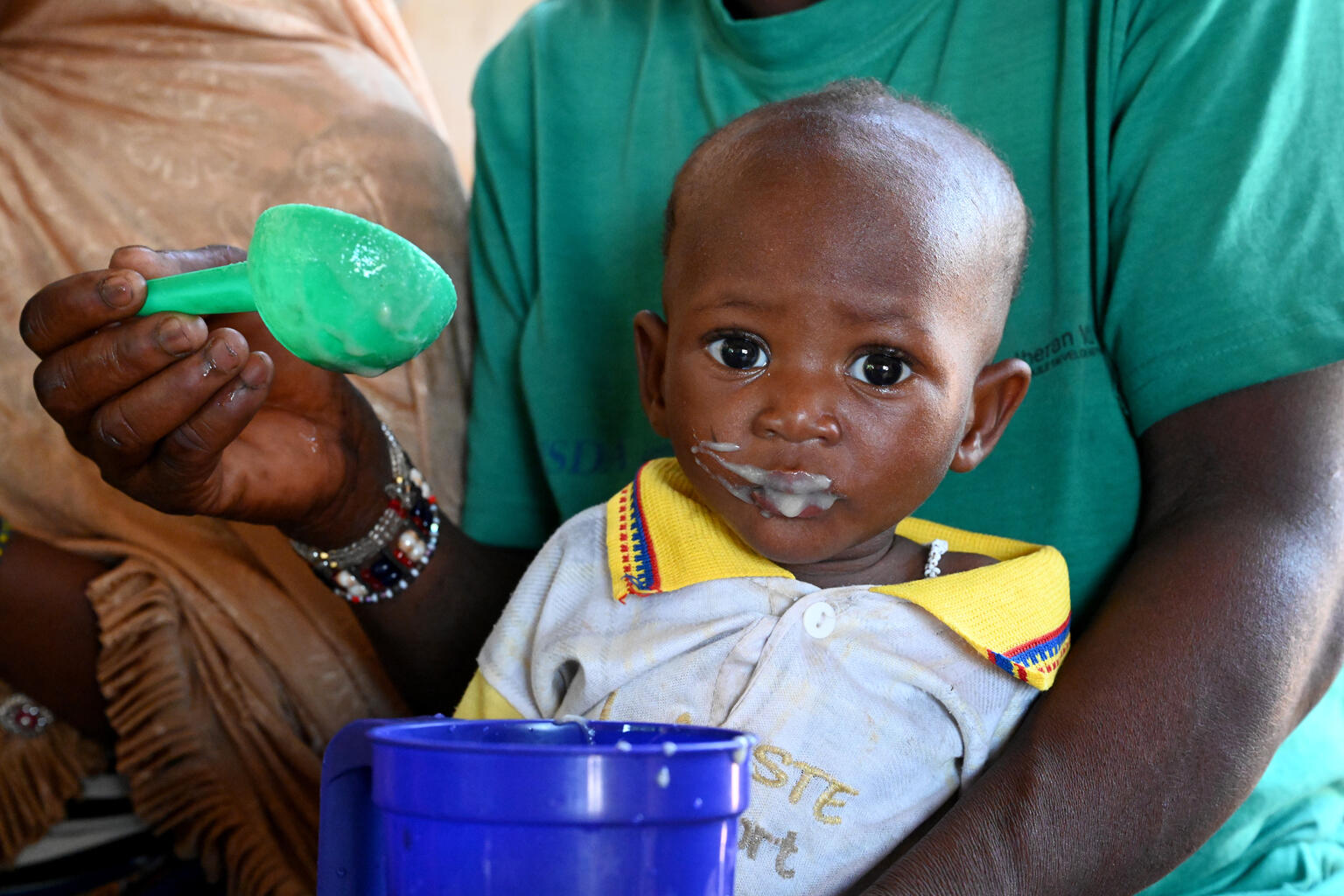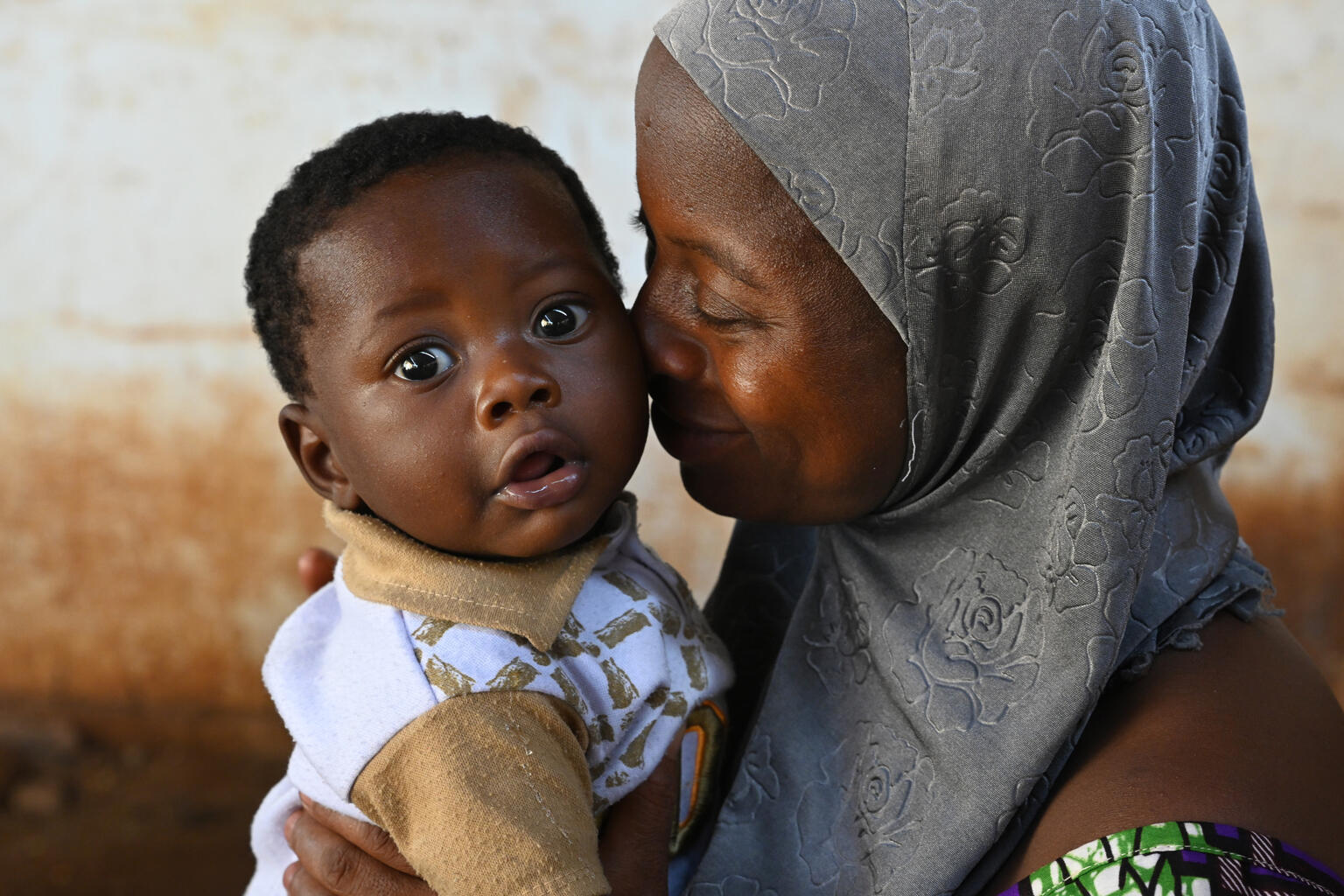Request support on coordination, information management, integration for nutrition outcomes or technical nutrition in emergencies assistance.
التماس الدعم لتنسيق التغذية وإدارة المعلومات والتغذية في حالات الطوارئ
Demander un appui pour la coordination de la nutrition, la gestion de l'information et la nutrition dans les situations d'urgence
Buscar apoyo para la coordinación de la nutrición, la gestión de la información y la nutrición en situaciones de emergencia
Solicite apoio para coordenação em nutrição, gestão de informação e nutrição em emergências
In late 2021, the Nutrition Cluster in Burkina Faso reached out to us for technical support. The country was in the throes of crisis as communities faced food insecurity, natural disasters, conflicts caused by armed groups and inter-community tensions and, of course, the COVID 19 pandemic.
Many families were displaced throughout the country. In fact, the country was one of the fastest growing displacement crises in 2022, with more than 1.7 million people displaced – including those who were already displaced once as refugees from neighboring Mali.
In emergencies, Infant & Young Child Feeding (IYCF-E) practices are greatly affected, increasing a child’s risk of developing malnutrition. That’s because in emergencies supplies of nutrient-rich food in sufficient quantities, essential services like support to breastfeeding mothers, and critical infrastructure like water and sanitation are all compromised. These factors individually and combined can leave children vulnerable to malnutrition.

Misinformation also travels fast in emergencies, spreading misconceptions and false claims that can have significant consequences on children’s health. For example, artificial feeding increases when big companies donate breast milk substitutes – like infant formula – to struggling mothers. When mothers are not supported or encouraged to continue breastfeeding in emergencies and feel pressured to change their feeding practices, they unknowingly compromise their child’s health.
UNICEF reported in 2020 that more than half a million children were suffering from acute malnutrition in Burkina Faso. The 2020 SMART survey reported a global acute malnutrition rate of 9.1% – with severe acute malnutrition at 1% – and roughly 25% of children from birth to age five were stunted. With malnutrition rates this high, the Nutrition Cluster Burkina Faso and the Cluster Coordinator found it necessary to seek technical support in order to improve their IYCF-E response.
Supporting local and national actors to improve the nutrition response
The objective of the assignment was to improve the infant and young child feeding response in emergencies (IYCF-E) in six priority regions by providing additional technical support to personnel, government, and nutrition cluster partners.

The support – provided by the GNC Technical Alliance’s Community-based Management of Acute Malnutrition (CMAM) Advisor, Martha Nakakande – started remotely, and continued for months after the in-country assignment was completed in order to provide sufficient support to actors.
Collectively, Martha and the in-country team sought to achieve four outcomes:
1. Develop a report based on an assessment of actors’ capacity to adequately address IYCF-E. The report was shared widely with partners and donors to increase their awareness of the challenges facing actors and guide the inclusion of IYCF-E into the national plan to scale-up nutrition support.
2. Organize a multi-day training on IYCF-E for nutrition cluster partners in Burkina Faso to ensure that participants sufficiently understood IYCF-E, its importance, and the non-operational and operational aspects that needed to be in place or implemented to ensure an adequate IYCF-E response.
3. Support the Nutrition Cluster Coordinator to advocate for IYCF-E to partners, donors, government actors, and other sectors by creating an immediate action plan for advocacy, a joint statement, and a PowerPoint presentation to orient those making high-level decisions regarding funding.
4. Together with nutrition cluster partners, develop a minimum package of IYCF-E services and an evaluation and monitoring approach.
Successes and challenges
The technical support provided – both in-country and remotely – proved to be very rewarding not only for the national Nutrition Cluster, but also for the GNC Technical Alliance.
One particular success was our ability to support in-country actors remotely. This flexibility allowed the Burkina Faso team to benefit from a longer period of technical support without needing to pause their other priorities.
Good planning and support from key staff, including the Nutrition Specialist at UNICEF Burkina Faso, the Cluster Coordinator, the Deputy Nutrition Cluster Coordinator, and the Ministry of Health-Nutrition Directorate (DN) was another success and made it possible to carry out the training.

There were many lessons learned from the assignment as well. A lot more work needed to be done to accomplish the advocacy goals. The Burkina Faso team would benefit from a more complete IYCF-E advocacy strategy along with a detailed package of communication materials to help sensitize the donor community and partners.
The assignment also was a reminder that good communication is central to success. While coordination and communication was great during the in-country portion of the assignment, there were issues in the second phase of remote support.
While it’s recognized and appreciated that priorities on the ground can and do change that result in delays, inefficient communication in the remote phase of the assignment created unnecessary complications. Moving forward, we will do more in the pre-deployment phase of future assignments to better define the expectations of the working relationship between the requester and the Alliance.
Do you need technical nutrition support and assistance in your country?
Our Technical Support Team of nutrition advisors and experts are ready to answer your questions and support you in-country or remotely. Get in touch with us today.
